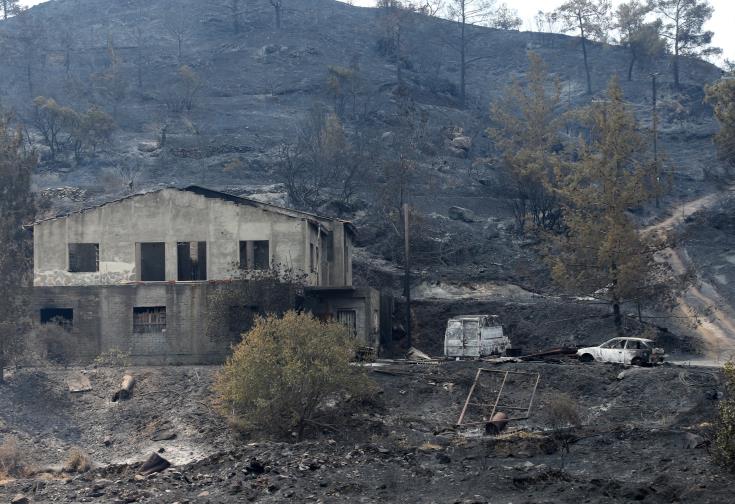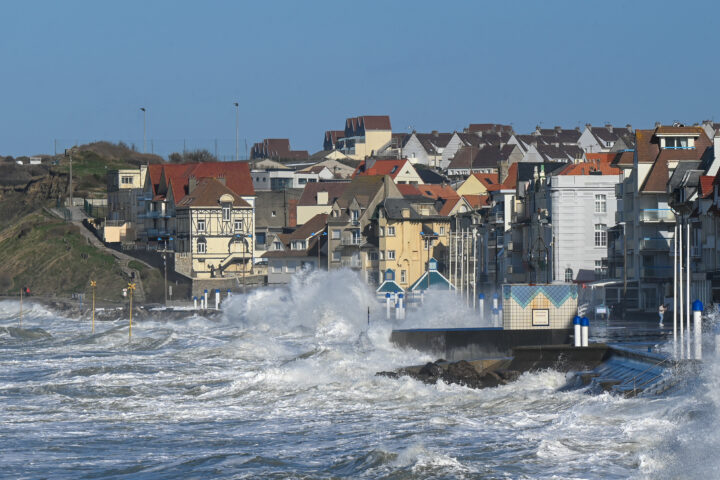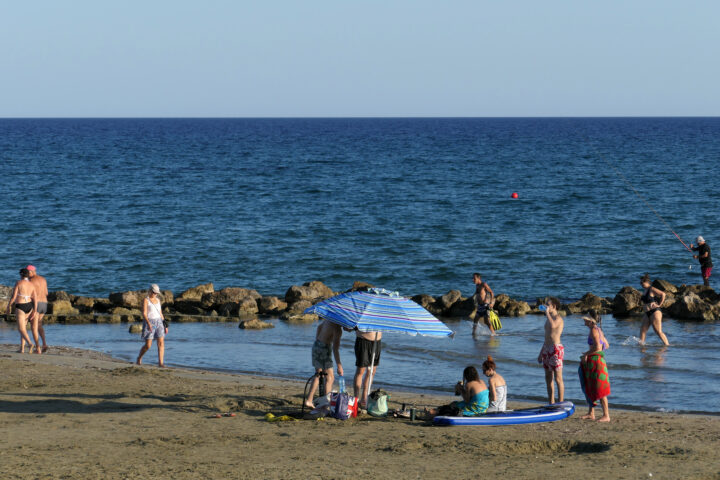Those watching the heart-wrenching scenes of wildfires destroying Greece and the heroic effort against the flames have many Cypriots feeling it could be us.
Cyprus is no stranger to wildfires, with the deadliest burning through the hinterland only two years ago in July.
Fires are a summer nightmare, and once they gain a stranglehold and get picked up by strong winds, little can be done to stop them.
Residents across Europe will testify to their devastation, but putting nature back together isn’t so simple, and the loss of life can never be replaced.
We can only know how good our defences are against forest fires when tested during a blaze, although large fires require outside help to extinguish.
In most cases, prevention is the best policy and being prepared for the inevitable.
As more fires are likely under a changing climate in the Mediterranean, the government must invest more in prevention, not only in tackling the blaze.
Raising awareness and making us sensitive to tinder-dry conditions by respecting nature during a heatwave is a good start.
Authorities could always be better equipped and prepared to tackle the flames, but many fires are either started by arson, neglect, or a spark of some sort.
There is an argument for us to be tougher against fire starters with no room for leniency or tolerance – destroying natural habitat is a body blow to our ecosystem – once we destroy that, it’s over.
Some might argue it is too late to prevent the planet from overheating; we’ve closed our eyes so long we couldn’t see the smoke.
That Cyprus is still dependent on fossil fuel for power generation while it drags its feet in switching to gas and neglecting an abundance of solar energy is a disgrace.
But the government has woken up that residents in rural areas can be an effective early warning system to detect forest fires before they rage out of control.
Firewatch
This week, a Firewatch scheme was unveiled, encouraging communities to keep their eyes and ears peeled.
Like neighbourhood watch, they should also check whether people are respecting the countryside, not burning vegetation without a permit, picnicking in a non-designated area, or throwing cigarette butts out the car window.
The huge fire of 2021 that killed four Egyptian farm labourers was caused by a farmer who burnt shrub and then casually drove off to drink coffee.
He was jailed for eight years for causing the island’s largest and deadliest wildfire; similar tough punishment must be delivered to arsonists.
A harder stance by the government on the uncontrolled use of fireworks, especially during the sweltering summer, must also be welcomed.
Using or selling fireworks without a permit is illegal, yet every birthday party and wedding celebration seems to embrace them.
Tougher penalties are to be introduced for the uncontrolled use of fireworks, but they have become commonplace and tolerated for so long.
And I can’t see the police being too bothered about cracking down on illegal fireworks displays unless they are willing to enter homes to break up parties.
I can’t see it happening if the chaos during Easter is anything to go by.
With the temperatures rising every summer, extreme heat is now becoming a regular phenomenon, ensuring this has been the hottest month ever endured on the island.
Regenerating lost forests is a generational commitment, although the more vegetation turns to ash, the more at risk of the soil becoming dust where nothing grows.
The more land destroyed by fire makes our future survival a little less certain, while many species face extinction because we destroyed their habitat.
When bushfires are not manmade, the warmer climate makes the environment more fire-prone, and the Mediterranean is getting hotter than anywhere else.
According to scientists, Greece’s extreme fire weather would have been at least 50 times less likely in the pre-industrial climate.
And the number of days when the fire risk is on the highest alert in Cyprus is set to increase to 2100 if emissions are not reduced.
Due to changes in the global climate, the UN predicts an increase in extreme wildfires of up to 14% by 2030 and 50% by 2100.
At those odds, protecting our forests will be a thankless task.
Environmentalists say the clock has stopped ticking for many creatures, but humankind has to adapt to avoid going the way of the Dodo.










